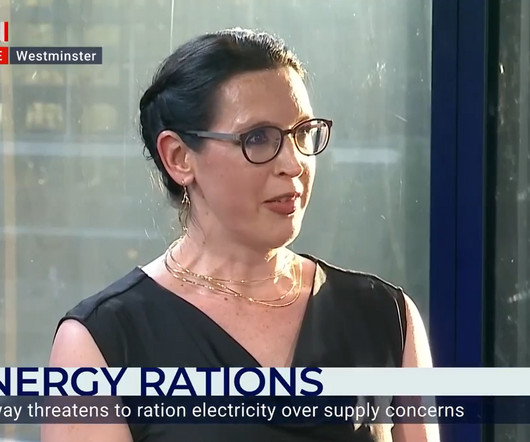What Alberta Premier Danielle Smith Gets Wrong About Heat Pumps
DeSmogBlog
JANUARY 16, 2024
Smith’s comments were made in the context of home heating costs within a wider discussion concerning carbon taxes and the affordability crisis. Canadian Prime Minister Justin Trudeau announced a three-year “carbon price carve out” for home heating oil in October 2023. The most extreme reaction was from Saskatchewan Premier Scott Moe.















Let's personalize your content